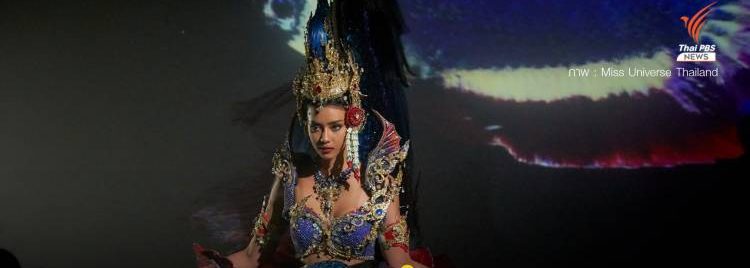1972 South Korean Presidential Election
Presidential elections had been held in South Korea in December 1972 following the promulgation of the Yushin Structure, which created the National Conference for Unification, a physique whose functions included being an electoral school for presidential elections. The elections have been regarded as a formality. With no opposition candidates, Park was elected with the support of 2,357 out of the 2,359 delegates. Text is out there below the Creative Commons Attribution-ShareAlike 4.Zero License; extra phrases could apply. If you have any questions about wherever and how to use Best Western Mayfair Suites, you can get hold of us at our own site. This web page was last edited on eight November 2024, at 01:20 (UTC). In contrast, he argued that the Yushin system created a “Korean-type democracy” with a strong, unchallenged presidency. Korea Annual, 1978. Hapdong News Agency. You may also help Wikipedia by increasing it. 김, 덕련 (2016-06-08). “99.9% 박정희 옹립한 북한식 거수기들, 그 실체는…”. Nevertheless, the body was little more than a figurehead, as all of its actions have been managed by the president. Song, Seong-bin. “Tales Behind 1972 Presidential Election: Oblique Election, Told By Then-Deputy Song Dong-heon.” Research of Home Province, South Chungcheong House Province Research Affiliation. As there was just one candidate registered, the one method the deputies could vote towards Park was by casting invalid ballots. Incumbent President Park Chung-hee claimed that Western-style liberal democracy would bring more chaos to the economically struggling nation than it might afford. This Asian election-associated article is a stub. The newly sworn-in members of the National Conference for Unification convened on 23 December to elect Park to a fourth term as president. Wikipedia® is a registered trademark of the Wikimedia Basis, Inc., a non-profit group. He argued this system was vital to maintain the country stable. Maeil Enterprise Newspaper (in Korean). With 2,359 delegates in office, Park needed to receive a minimum of 1,180 votes to be elected. One of the two deputies who did that, Tune Dong-heon from Daejeon-1 District, revealed later in his life that he purposefully wrote “박정의” (Park Chung-ee) as an alternative of “박정희” (Park Chung-hee) on his ballot so as to protest the dictatorial regime. Shelley, B. (2005) Democratic Improvement in East Asia. Through the use of this site, you conform to the Terms of Use and Privateness Coverage. The 2,359 members of the primary National Conference for Unification had been elected to their six-year term on 5 December 1972, with a voter turnout of 70%. All candidates were required to run as independents. The Constitution gave the body many powers, resembling forming policies related to inter-Korean relationship, and determining the president in addition to one-third of the National Assembly. He acquired 2,357 votes, 99.92% of the entire potential. So as to be elected, a candidate had to obtain the vote of over 50% of the incumbent members of the Nationwide Council for Unification.
